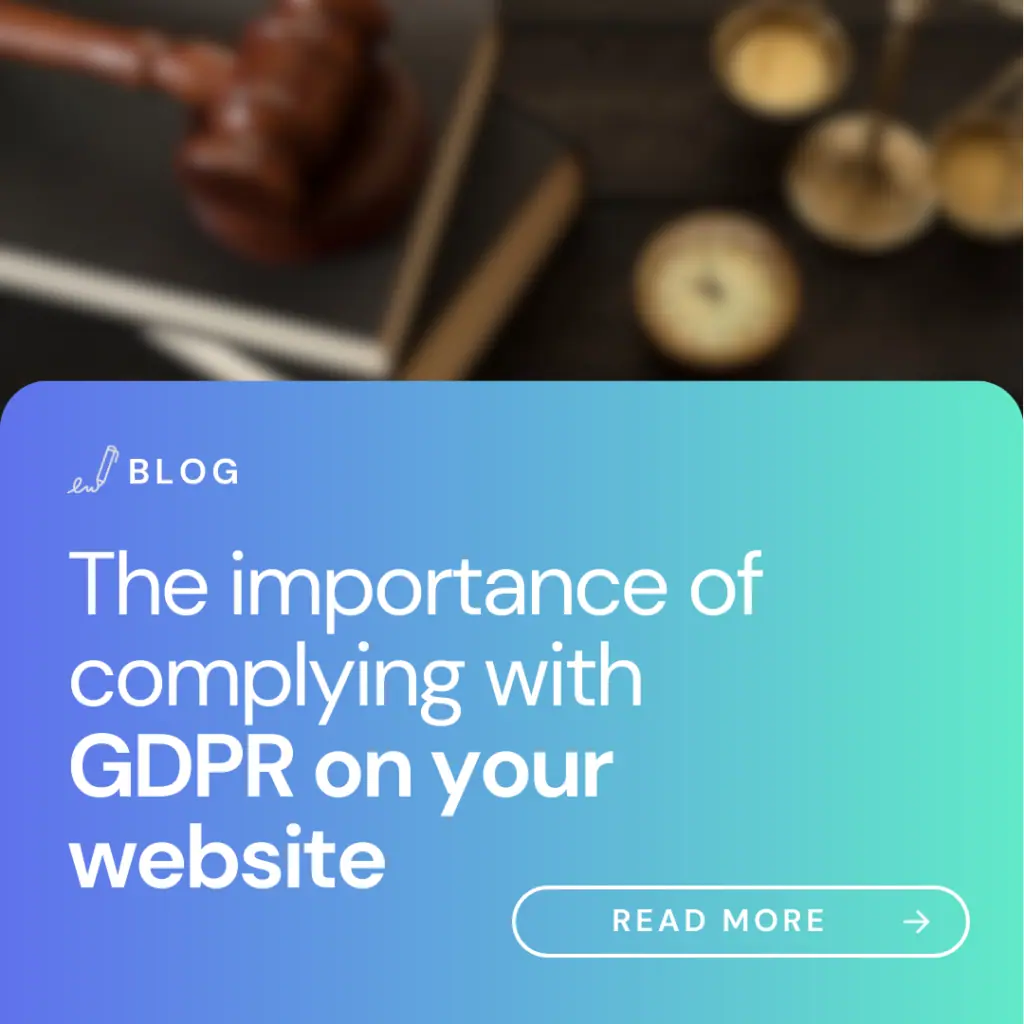

With 2025 already underway, it's a great time to remind everyone of the importance of complying with the General Data Protection Regulation
The LOPD is the Organic Law on Data Protection and Digital Rights Guarantee, which is the Spanish regulation that transposes the General Data Protection Regulation (GDPR), the European law governing the privacy of personal data.
The LOPD imposes several obligations on websites when handling personal data, whether through data collection in contact forms, registration sections, newsletter subscriptions, or resume submissions, for example. In all these cases, information must be provided in two layers: the first layer informs about the identity of the data controller, the legal basis for processing, and ARSOPOL rights; the second layer provides more detailed information about timeframes and third parties responsible for data processing.
This is usually reflected in paragraphs with a checkbox that users must accept before submitting their data and a link to a more detailed document explaining who collects the data, how, and for what purpose, as well as how users can exercise their rights to delete, access, or correct their personal data.
We must not forget about the Privacy Policy and Cookies, which is the longer document that provides all the information that must be offered to users in compliance with the GDPR. For example, Article 13 of the GDPR establishes the information that must be provided when personal data is collected from a user, while Article 11.2 of the LOPDGDD imposes obligations of transparency and information on the data controller, which is ultimately the website owner.
The cookie banner is a mandatory element for all websites that use cookies. It must inform users about the cookies being used, classifying their purpose so that users can reject all cookies that are not strictly necessary.
In this sense, many hesitate to implement it because it might affect metrics tracking, but the Lawwwing Banner minimizes the loss of these metrics with its "Accept" and "Configure" options.
Sanctions related to data protection are imposed by the Spanish Data Protection Agency for violating the Organic Law on Data Protection and Digital Rights Guarantee, or the provisions related to cookies in the Law on Information Society Services. These sanctions can reach up to 4% of the annual turnover of any company.
If you have any questions or want to hire Lawwwing, feel free to contact us here or write to hola@lawwwing.com, and one of our experts will assist you.